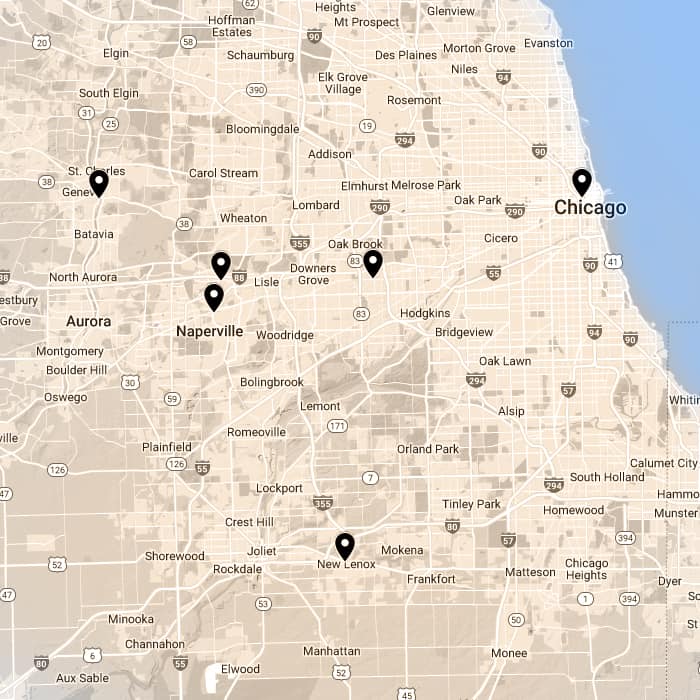Defining trauma is a difficult task. One of the coping mechanisms to deal with trauma is to minimize it. Other people may have also minimized the trauma, making it even more difficult to acknowledge.
At Rago & Associates we offer several effective methods to help our clients resolve trauma and heal in a safe manner.
Trauma may be whatever gives you an intense feeling of shame. It’s something you can’t bear to look at or even think about. This shame can become interwoven in a person’s experience of themselves and the world around them. To further complicate matters, a trauma may have occurred months or years prior to the symptoms. A person may have adapted to the trauma, and kept functioning, but needed to use coping mechanisms of numbing and appearing to be OK, but ignoring how they really feel. These people are “smiling on the outside but crying on the inside.” As these functions lose their effectiveness over time or under stress, the effects of the trauma become more evident. Often symptoms of depression or anxiety, or other negative behaviors can be found to occur in relation to the trauma. Untangling emotions and memories from behaviors and automatic thoughts can be painful and difficult, but people find it worthwhile to free themselves from the weight of a troubled past. Forgiveness of the self is a first step, often leading to spiritual healing with God and the world.
Trauma can be any exposure to an event that caused great fear or harm or threat of harm. These events could include natural disasters, sexual, physical or emotional abuse or neglect, rejection or abandonment, war, accidents and death of a loved one. Even less dramatic events, such as break up of a significant relationship or a loss of identity, such as having to give up an important activity or group, can be traumatic.
The way trauma works is we feel shame and intense anxiety looking at the events that have been traumatic for us and "what it means about me." We avoid what makes us feel very anxious and ashamed. These feelings and this avoidance just grow bigger over time and can feel like they crush us in how much we need to avoid them. Trauma therapy helps uncover the trapped events and feelinigs so that we can feel whole again and reclaim the happiness in our lives.
We offer a wide variety of methods to assist our clients to recover fully from trauma, including: • Eye Movement Desensitization and Reprocessing (EMDR) • Holographic Memory Resolution • Somatic Experiencing • Cognitive-Behavioral Therapy • Exposure Therapy • Dialectical Behavioral Therapy (DBT) • Art Therapy • Equine-Assisted Psychotherapy With the vast expertise we have in trauma recovery, we will work with you to find the most gentle yet effective method that will assist you to stop being stuck in trauma so that you can move on to your best life.


Looking for trusted eating disorder therapy centers in Chicago and nearby areas?
Our seasoned therapists utilize evidence-based approaches to support recovery in a welcoming environment. Whether you’re seeking help for yourself or a loved one, our centers are conveniently located throughout the Chicago area, ensuring you find the right support close to home.
Let us be your partner on the journey to healing and recovery.
Considering help? Feel free to email Dr. Maria Rago, counseling director at Rago & Associates. She will personally read it and connect you with the services and people she believes can best help you or your loved one.